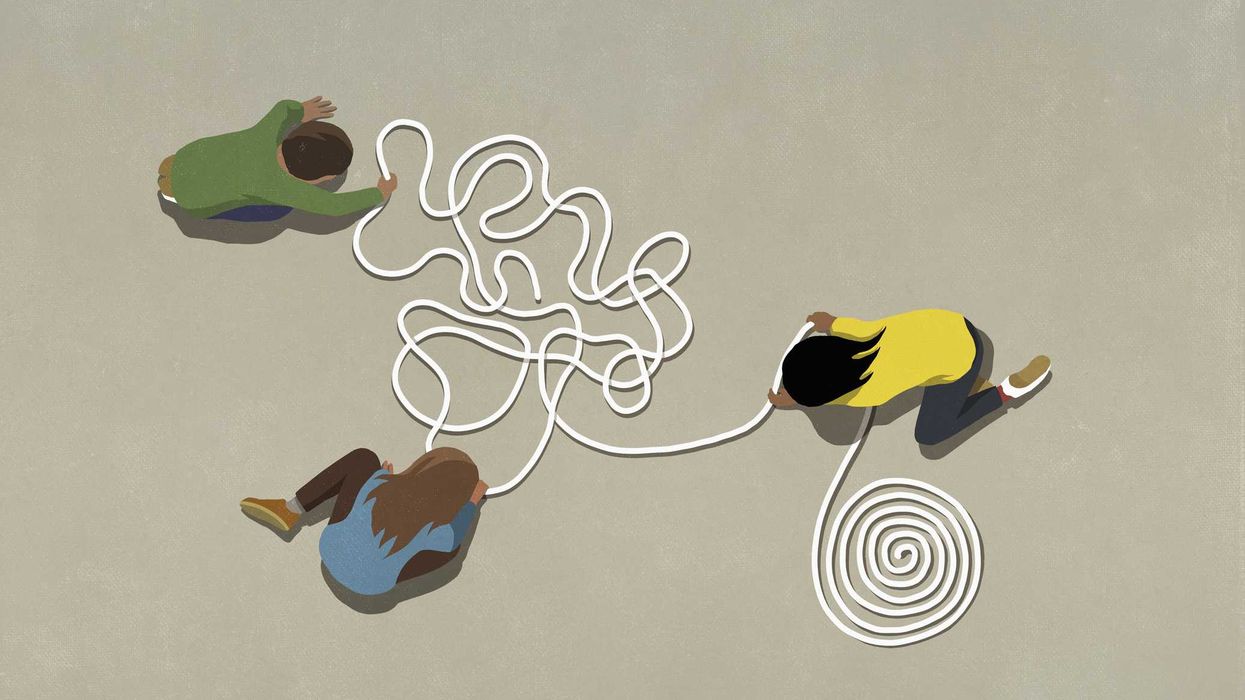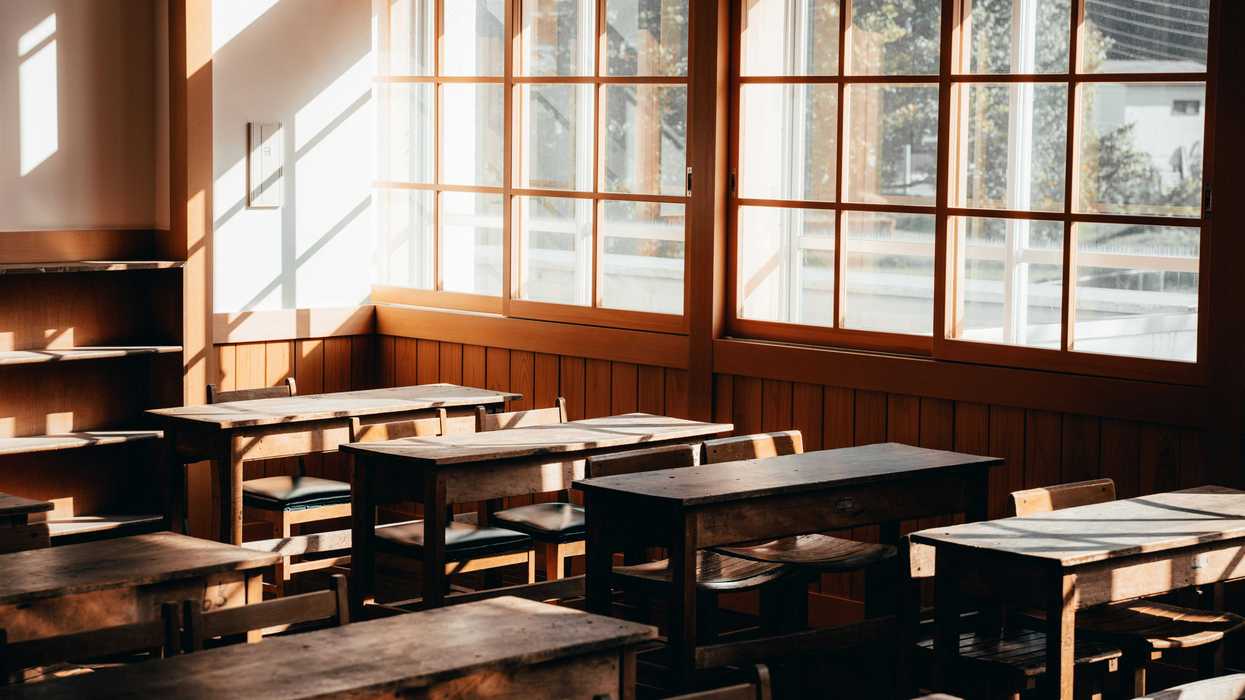We Americans are increasingly consumed by troubling questions: How can we work with others we disagree with? Will anything positive happen right now in our communities, let alone the country? And how do we navigate the relentless negativity pouring in from the media, social media, and our toxic national politics?
During a recent statewide swing across Virginia for my Campaign for the New Civic Path, no matter where I was, these questions were on people’s minds. From the major port city of Norfolk to colonial Williamsburg to historic Appomattox to suburban Chesterfield to rural Grundy, which is nestled deep in Appalachia.
Americans are worried that our country is losing sight of decency and veering into cruelty. That dignity for each individual is not just given lip service; it’s being trampled over indiscriminately. That political violence and vengeance are poised to become more and more commonplace.
Regardless of who they voted for in the last election, the vast majority of Americans I meet are desperate to get the country moving in a better direction. But they don’t know how. What’s more, this yearning among the majority is too often obscured, drowned out by the loudest and most divisive voices who now dominate our public square.
It feels like we’re on the verge of an American combustion.
Certainly, the negative conditions that grip us are disorienting and troubling. There’s no use denying that American society sits on a knife’s edge. But we must not surrender to the negativity and chaos. I, for one, refuse.
The word “combustion” here holds a double meaning. Surely, it implies the potential for destruction. Think explosion. But a combustion can also be the very force that injects energy into a system to get it moving again. Think engine. We are in desperate need of the latter, which can act as a positive counterforce to the negativity and confusion that envelop us.
In the immediate wake of Charlie Kirk’s recent, horrific shooting on the campus of Utah Valley University, Utah Governor Spencer Cox said something prescient: “This is our moment: Do we escalate or do we find an off-ramp? It’s a choice.”
He’s right, we do face a choice. We must reject more divisive politics and choose what I call a new civic path. Based on my travels, I know there is a deep yearning for this alternative path across the country, among people of all political persuasions. A key step we can all take to get on this new civic path is to lift up examples of where and how people are already building together. In our own lives, in our communities, and in the country. Not to pretend things are better than they are. But instead, so that we might regain our sense of possibility and hope. Stories of Americans building together—often in spite of or amid our real divides—are the very foundation for a new civic path. They give us the civic confidence to join with others in new efforts, keep going amid the resistance we are sure to face, and deepen our belief that together we can create a more hopeful path forward.
Wherever I go, without exception, I find positive things are still happening, even though the constant drumbeat of negativity suffusing our national discourse hides them from so many of us. Consider Grundy, the last stop on my swing across Virginia. On its face, Grundy is a community in steep decline. Deep in coal mining country on the border of West Virginia and Kentucky, a school district that once served over 10,000 students is under 2,000 today. Local businesses have shuttered. Many residents struggle with poverty, drug addiction, and chronic illness.
When I convened residents and leaders in Grundy to discuss how they could get on this new civic path, I asked them to start by naming what people in the community were building together. They struggled at first. But eventually they began to lift up one thing after another—from efforts regarding youth opportunities to addiction recovery and mental health to the local public library’s efforts to enrich the community. A new sense of momentum and possibility infused the conversation from there.
A combustion feels imminent. Which kind will it be? The choice is before us. It’s time to lift up positive examples of building and use them as a catalyst for moving forward together on a more hopeful civic path.
Rich Harwood is the president and founder of The Harwood Institute.




















